Looking for something from a relationship it cannot give you

This is the second of three posts where we look at addiction as an inappropriate relationship. Why deepening a relationship with a ‘dead’ or inert thing is so tempting to some and what is fundamentally flawed with the concept as a strategy.
In the first post we looked briefly at the general problem with ‘bonding’ with ‘dead’ or inert things. In this episode we will look more deeply into the frustration built into such relationships. What I have come to call ‘The addictive trap’. So you will learn about how you have set up a trap when you ask for something from a relationship that it does not have to give.
“What you need it can’t give you”
So your problem is now becoming obvious. You are addictively involved with something that is not alive! It is inert or dead if you prefer. Your temptation and vulnerability at this point is clear. All the threat is coming from living things.
All your difficulty is with living things. Living things disappoint you. Living things change. Living things question you. Living things look back at you when you look at them. Living things ‘see you’, maybe they judge you. Sometimes they are disappointed in you. Living things hold you to account on things you said you would do.
Your substance/behaviour does not question you. Your substance does not argue with you. Your substance is consistent. You can deepen your relationship with the substance without any threat of greater vulnerability or exposure. Your substance/behaviour does not examine you or judge you. It never questions your decisions, your wisdom or your intelligence.
So this makes it clear why you have been tempted into this relationship and invested more in at than you should. But there is one thing I have not mentioned and that made all the difference! Your substance/behaviour makes you feel better! Like an old friend you look forward to meeting up again. It can feel exciting to think about another encounter. Often your ‘living’ relationships do not seem so exciting. They have often left you feeling worse not better. Once an episode is over you have often felt worse (hangovers, withdrawals, the state of your bank account etc.). But that is easy to blame on yourself, not the relationship. It’s your shame, your problem. But ask yourself now. If any living person left you in this state, would you continue in the relationship?
Understanding the trap you are in
 When you become dependent or addicted to something you have entered a trap. Everyone would recognise that, but what kind of trap is it? The basic understanding of the trap is that you have started doing something or taking something that is ‘addictive’. In other words the thing itself has the quality of addictiveness. Have you heard yourself say “that thing is soooo addictive”. There is no doubt that things, particularly things that have been designed as such, like cigarettes and internet gaming are ‘moreish’. One of the biggest, television, has had us as a culture for a long time.
When you become dependent or addicted to something you have entered a trap. Everyone would recognise that, but what kind of trap is it? The basic understanding of the trap is that you have started doing something or taking something that is ‘addictive’. In other words the thing itself has the quality of addictiveness. Have you heard yourself say “that thing is soooo addictive”. There is no doubt that things, particularly things that have been designed as such, like cigarettes and internet gaming are ‘moreish’. One of the biggest, television, has had us as a culture for a long time.
But this is a very limited picture of the trap you are in. I want to help you develop that understanding now by saying firstly that this trap does not only include what is in the substance or behaviour. You are in relationship. That means you are playing a part in what is made between you. To understand the trap you are in you have to include yourself in your picture.
The real nature of the addictive trap is the way you have to keep using because that elusive state didn’t happen. You have to keep looking because you didn’t get what you were promised, but maybe it will be in that next photograph? You didn’t get that contract, that big win. The thing that would really do it for you never turns up.
When the problem and the solution become the same thing
 it is at this point that the problem becomes very real. The addictive trap is not really ‘felt’ until the solution to your problem becomes the very thing that produced the problem in the first place! This brings us to one of the best definitions of addiction.
it is at this point that the problem becomes very real. The addictive trap is not really ‘felt’ until the solution to your problem becomes the very thing that produced the problem in the first place! This brings us to one of the best definitions of addiction.
When your problem and your solution become the same thing.
Wanting something for nothing
You got into this trap because you believed you were getting something better than what you had. There is a good chance that you mistook it for something deeper, even something spiritual. In fact it was something much more shallow. Real connections with life are challenging and stretch us by their complexity and uniqueness. This relationship produces ‘brain chemicals’ that can seem to be profound and deep but you got caught in an old idea that catches many of us. You wanted something of value but didn’t want to pay for it. You wanted something for nothing!
In my own case I was typically vulnerable in so many ways. I was young when first introduced to drugs and alcohol. So I recovered (physically) very quickly.The idea that this habit did not seem to be doing any serious damage is one of the most important ways of getting hooked. I was very disappointed with life. As a youngster in my early teens life had seemed to go very wrong. I couldn’t handle anything that called for consistency or discipline. Alcohol stopped me feeling anything. As an anaesthetic it is very effective at removing feelings and like a lot of other people I mistook the removal of bad feelings for the addition of good ones.
But what was I really trying to do? Here it is in a nutshell. I was trying to feel good without earning it! In the early years I was doing nothing that I had any right to feel good about.
 I had to learn to express my feelings in an appropriate way with another living person. So what you have been looking for this relationship can’t give you! Yes, you are connected but not with life. What you are doing can be a substitute for a while but it will never give you what you really need because it doesn’t have it to give.
I had to learn to express my feelings in an appropriate way with another living person. So what you have been looking for this relationship can’t give you! Yes, you are connected but not with life. What you are doing can be a substitute for a while but it will never give you what you really need because it doesn’t have it to give.
So your attraction to this relationship is that it does not change, it does not challenge you, it does not surprise you or question you. But it cannot offer anything deeper than what it is, an inert thing that does not feel, does not change and cannot decide to alter the relationship in any way. Think about this question “are you ready now to accept the challenge of managing a relationship with someone alive, real and with the ability to make those changes”? The real nature of the addictive trap, the deeper understanding of your problem is to realise that you are trying to get something out of it that it hasn’t got to give. Connection with life!





0 Comments